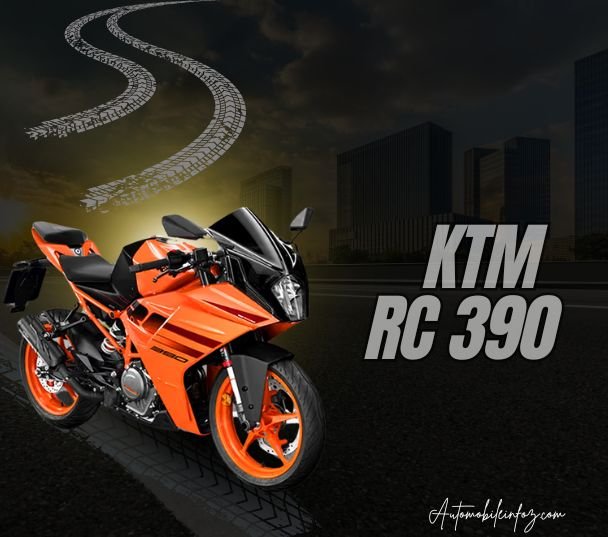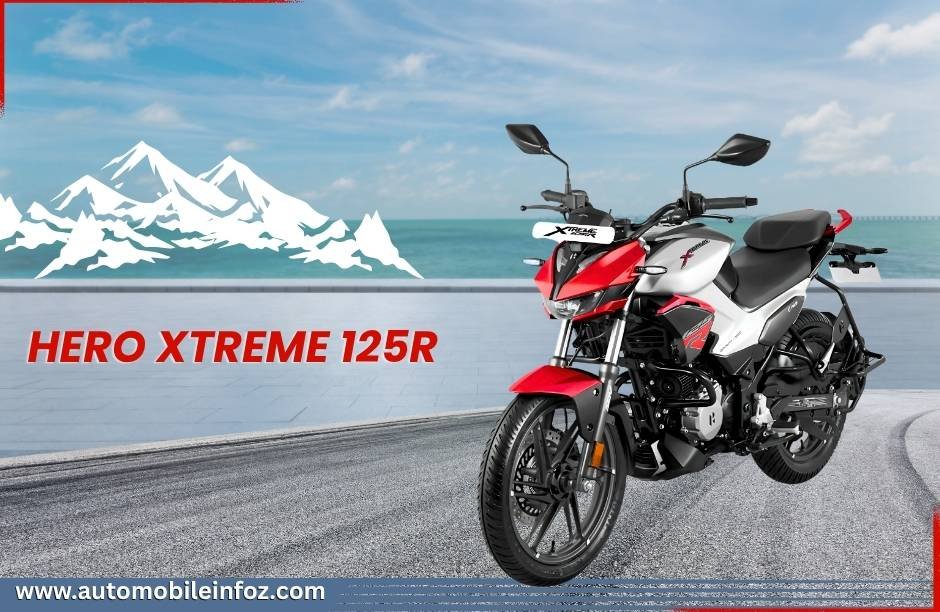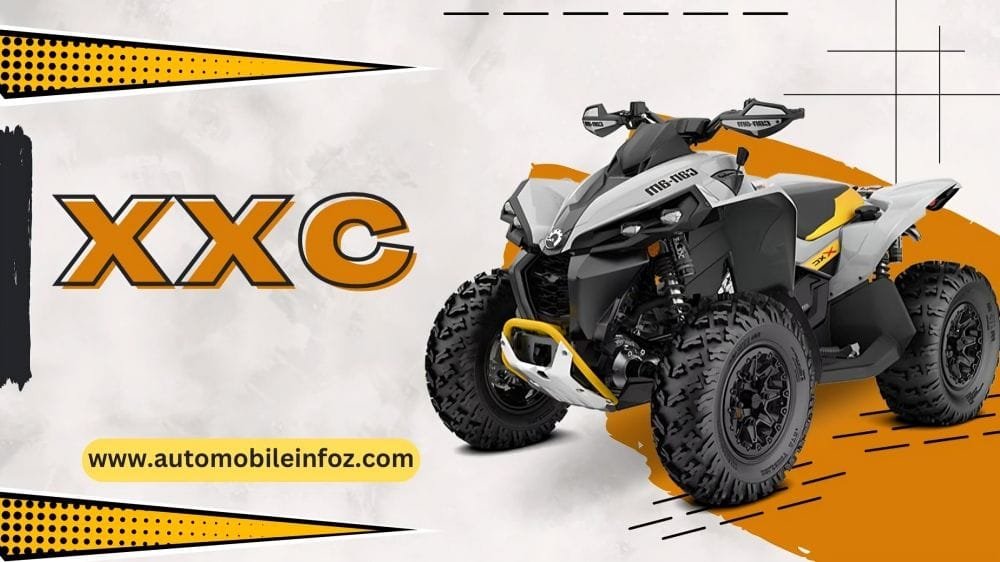KTM RC 390 is one of the most exciting sports motorcycles that fits into the 300-400cc category. Because of its impressive looks, slim chassis, and state-of-the-art tech, this car is both a great tool for racing on tracks and suitable for the roads.
Here readers will find information on everything regarding the RC 390 here—its cost, how fast it is, mileage, possible modifications, and main rivals.
KTM RC 390: Overview
KTM RC 390 is designed for people who enjoy speed and harder tracks. Whenever you drive the RC 390, you get precise handling and a responsive engine. It comes with an eye-catching design, is quick in its performance, and uses modern features—all in a small frame that really attracts young riders.
KTM RC 390 Price Range
The RC 390 is seen as a high-end sports bike that uses cutting-edge parts. Depending on your area, the level of taxes, and if extra accessories are involved, prices change.
Here’s a table that shows its approximate price range in India and globally.
| Region | Price Range |
| Ex-showroom (India) | ₹3.10 lakh – ₹3.20 lakh |
| On-road (India) | ₹3.50 lakh – ₹3.80 lakh |
| International | $5,500 – $6,500 (approx., varies) |
Despite being more expensive than some 300cc bikes, the KTM RC 390 offers top-notch features, making it great value for money.
KTM RC 390 Top Speed and Specifications
This model is created for better performance. This scooter has a 373.2cc engine that generates 43.5 PS and 36 Nm of torque. It’s fitted with a strong motor that makes it extremely rapid at the start, and it remains comfortable at speed.
Here’s a quick glance at its performance figures.
| Specification | Value |
| Engine Capacity | 373.2cc, liquid-cooled, single-cylinder |
| Max Power | 43.5 PS |
| Max Torque | 36 Nm |
| Top Speed (Stock) | 170 – 175 km/h |
| Top Speed (Modified) | 180+ km/h |
| 0–100 km/h Acceleration | 5 – 6 seconds |
| Gearbox | 6-speed with slipper clutch |
The aerodynamic design and WP suspension help keep the bike stable, even at top speeds.
KTM RC 390 Modified
A lot of riders customize their RC 390 to enhance its appearance and boost its performance. There are plenty of ways to boost the bike’s power or add a touch of personality to it.
Performance Modifications
- An Exhaust Upgrade and ECU Remap help your car by boosting its throttle and engine power.
- Changing the air filter to K&N makes the combustion process smoother.
- The Adjustable suspension adds more precision when driving both on roads and tracks.
- Wheels that are not heavy help the car reach its top speed and make handling easier.
Aesthetic Modifications
- There are racing livery skins, matte-style colors, or even oddly painted bodies.
- LEDs and fairings make the vehicle look more stylish and easier to see.
- Using Carbon Fiber: It adds elegance as well as a reduction in the weight of the car.
KTM RC 390 Modified Colour
Here’s a list of popular custom color schemes for the modified RC 390:
| Custom Color Scheme | Description |
| Stealth Black | Matte finish, sharp and stealthy look |
| Racing Orange & Blue | Sporty KTM-style combo |
| Neon Green & Black | Bold and eye-catching |
| White & Red Track Edition | Clean race-inspired colors |
KTM RC 390 Mileage
RC 390 models are designed for speed but also give you reasonable fuel economy, which is much better than that of twin-cylinder motorcycles.
Below is a mileage breakdown based on city and highway riding.
| Riding Condition | Mileage (km/l) |
| City Riding | 25 – 30 km/l |
| Highway Cruising | 30 – 35 km/l |
| Tank Capacity | 13.7 liters |
| Total Range | 350 – 400 km per full tank |
Smooth riding and regular maintenance can help improve fuel efficiency. Aggressive riding will reduce mileage.
RC 390’s Competitors
RC 390 faces competition from many sports bikes in the same category. Every company has advantages and disadvantages.
Here’s a comparison table of the top competitors:
| Bike | Engine | Power | Pros | Cons |
| Yamaha R3 | 321cc, parallel-twin | 41.4 PS | Smooth engine, beginner-friendly ride | Less aggressive styling |
| Kawasaki Ninja 400 | 399cc, parallel-twin | 45 PS | Strong torque, refined ride quality | More expensive than RC 390 |
| BMW G 310 RR | 313cc, single-cylinder | 34 PS | Premium branding, agile handling | Less powerful than RC 390 |
| TVS Apache RR 310 | 312cc, single-cylinder | 34 PS | Affordable, loaded with features | Lower performance than RC 390 |
Pros and Cons
Let’s weigh the strengths and weaknesses of the RC 390.
| Pros | Cons |
| Powerful engine with 43.5 PS output | Stiff ride, uncomfortable on long tours |
| lightweight and nimble for sharp cornering | Vibrations at high RPMs due to single-cylinder engine |
| Premium components like WP suspension | Higher maintenance and service costs |
| Bold, race-inspired design | Limited comfort for pillion riders |
| full TFT display, ABS, and slipper clutch | Not ideal for daily commuting |
The bike was built mainly for performance. If this is what you want, the value and excitement are very good.
Conclusion
It is suitable for anyone who wants a speedy, balanced, stylish motorcycle within a mid-range price bracket. It combines the traditions of European engineering and motorsports for youth looking for thrills.
A person seeking a motorcycle for the daily commute or for longer tours may find that the RC 390’s stiff riding position will be uncomfortable over time. Most people, particularly ones with racing experience, should find it is a reliable choice.
FAQs
This vehicle is initially sold for Rs. 3.10 lakh in India. The cost of a two-wheeler on the road can be from ₹3.50 to ₹3.80 lakh per city.
On the stock model, it is clocked at a top speed of about 170–175 km/h. There are modifications that make the car capable of reaching speeds above 180 km/h.
In the city, the car gets around 25–30 kilometers of distance per liter of gasoline. Close to 30–35 km per liter is what you can generally get on the highway.
Because it is aggressive, it is usually a choice for those who have some motorcycle knowledge.
Taller riders may find the bike’s seat height comfortable at 824 mm, while shorter riders might discover it to be difficult.
Also, Read About –
Kawasaki Ninja ZX-14: Unleashing the Apex Predator of Superbikes
Refresh Date: August 21, 2025



